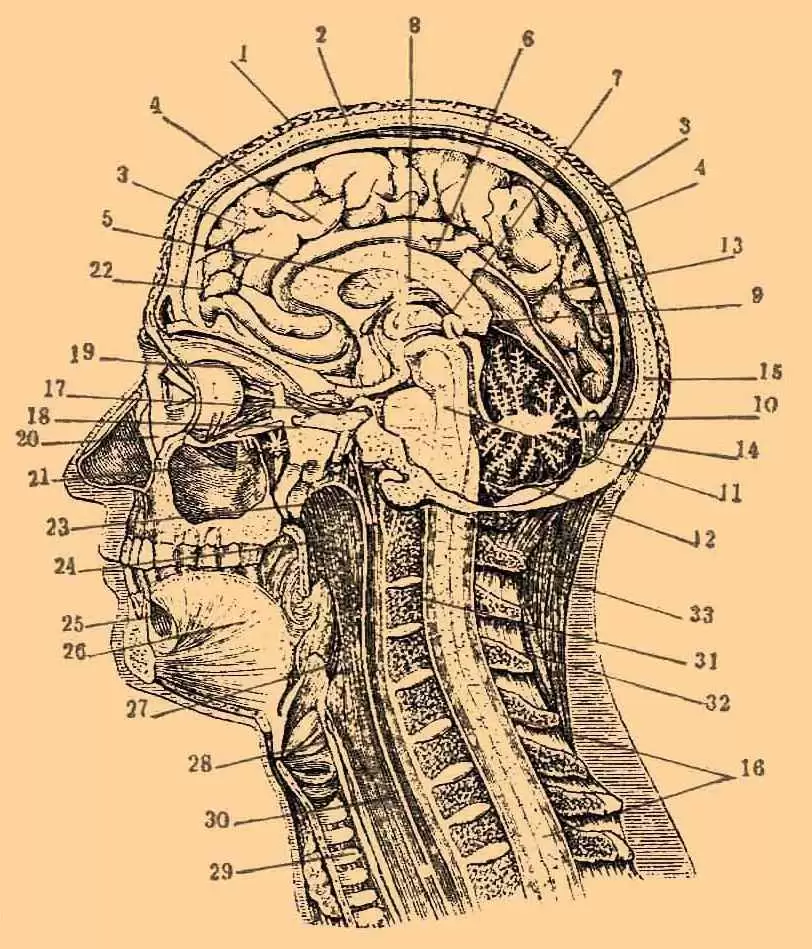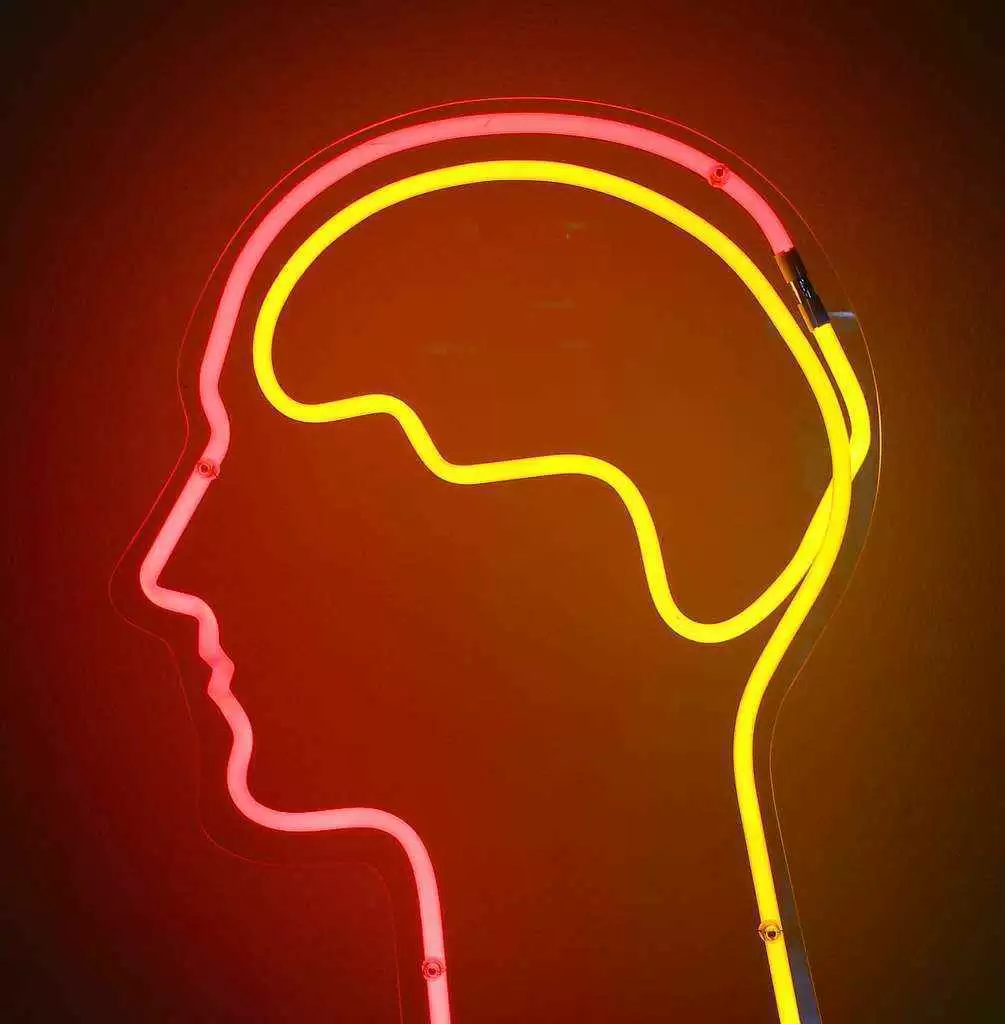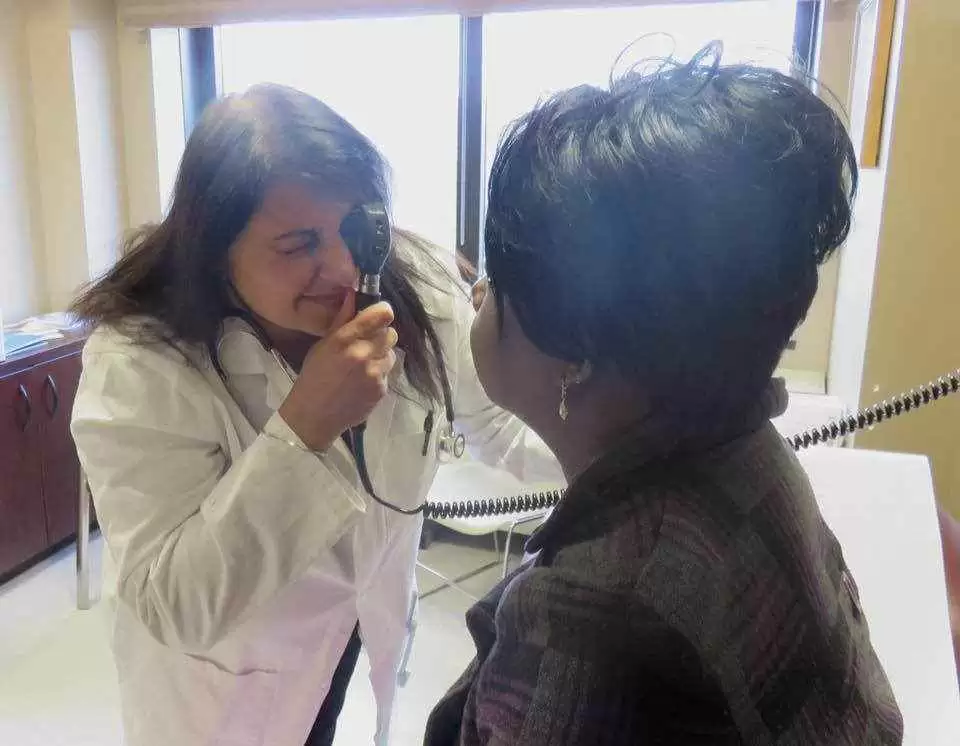
Celiac.com 11/25/2017 - We have long known that gluten intolerance, both celiac disease and gluten sensitivity, are highly associated with neurological symptoms. Migraines, ataxia (unstable gait), seizures, schizophrenia – the list is long. But a recent research study just published last month sheds some new light on exactly what the mechanism may be. Understanding why these debilitating symptoms occur as a result of a gluten intolerance will, hopefully, go a long way toward increased awareness among the lay public and clinicians alike. It is certainly true that too many millions of Americans suffer the effects of a gluten intolerance unknowingly. They only know that they feel unhealthy but have no idea that gluten is the culprit.
The digestive tract is sometimes called the second brain. Some say that is because it is second in importance to the brain. After all, if the food that is consumed doesn't turn into fuel that can effectively feed the 10 trillion cells in the body, those cells will be unable to perform their job and keep the body healthy. In fact, poor digestion is absolutely linked to poor health and increased onset of degenerative disease.
Celiac.com Sponsor (A12):
This article in Current Pain and Headache Reports looks at another possibility for naming the digestive tract the second brain, and it simply stems from anatomy. The digestive tract actually has a ‘mind of its own'; more correctly, it has a nervous system of its own, called the enteric nervous system. ‘Enteric' simply means having to do with the intestine. This nervous system, according to research, is very similar to the brain housed in the head in that it is bathed in similar chemicals (called neurotransmitters – which, interestingly enough, are mostly produced in the gut!). It sends and receives impulses and records experiences and is influenced by emotions. Some proof of the latter: Have you ever been nervous and had diarrhea?
This particular study stated that experiencing ‘adverse events' created a state of hypervigilance (a state of being overly responsive - not a good thing) in the nervous system which was associated with migraines and IBS. Such ‘hypervigilance' was previously only associated with the central nervous system – the one attached to the brain in the head. This group of researchers suggests that the initiation of hypervigilance may very likely lie in the enteric nervous system also.
What this means is that if the small intestine is genetically sensitive to gluten and gluten is ingested, it could set off a nervous system response that could create disabling diseases, such as migraines and IBS, but likely others as well.
The take-away message is that it is truly critical to diagnose gluten intolerance as soon as possible. Once that hurdle is surmounted it then needs to be followed with a program of nutrition, lifestyle and diet that will ensure healing of the small intestine and a ‘calming' of the hypervigilant nervous system. You may sometimes hear this referred to as healing a leaky gut.
Here at HealthNOW we often see this clinically in patients who seem intolerant to many different foods and can't seem to enjoy stable improvement of their symptoms, even after they eliminate gluten from their diet. The reason for this insufficient improvement is that a comprehensive follow-up program is missing – a program that addresses what we call the Secondary Effects of Gluten. This entails evaluating for any other food sensitivities, cross reactive foods, a tendency towards autoimmune disease, the presence of any infectious organisms, healing the leaky gut, balancing the probiotic population, and more.
While increasing awareness of the presence of gluten intolerance is absolutely critical, neglecting the secondary effects, as mentioned above, can result in long-term ill health that is truly preventable.
Have you experienced such symptoms? Have you removed gluten but are only partially healthier? I'd love to hear from you.
To your good health.












Recommended Comments
Create an account or sign in to comment
You need to be a member in order to leave a comment
Create an account
Sign up for a new account in our community. It's easy!
Register a new accountSign in
Already have an account? Sign in here.
Sign In Now